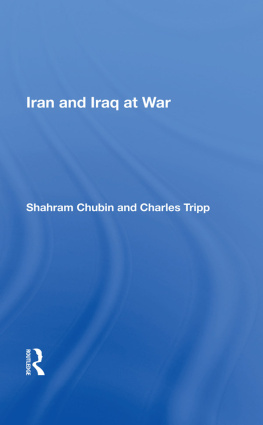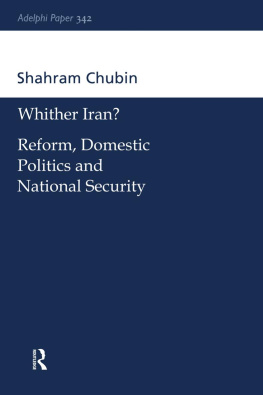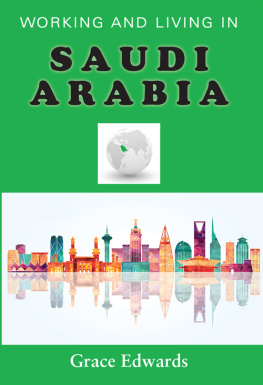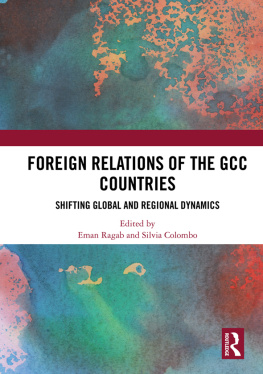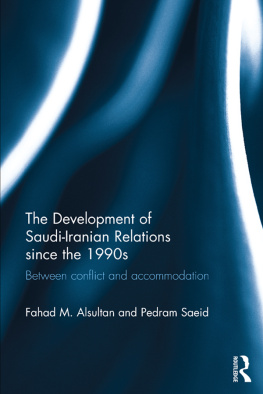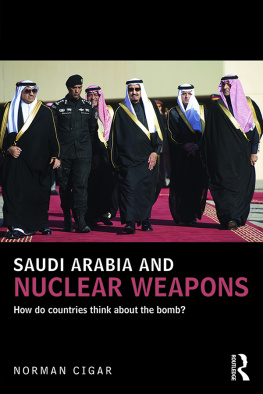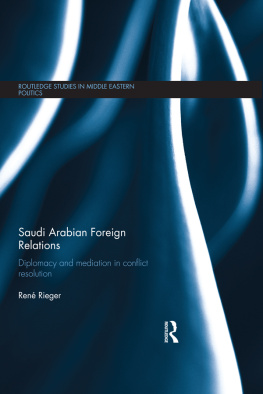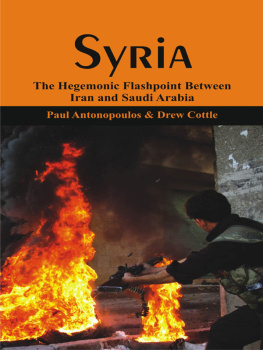First published July 2004 by Oxford University Press
Published 2014 by Routledge
2 Park Square, Milton Park, Abingdon, Oxon OX14 4RN
Simultaneously published in the USA and Canada by Routledge
711 Third Avenue, New York, NY, 10017, USA
Routledge is an imprint of the Taylor & Francis Group, an informa business
July 2004 The International Institute for Strategic Studies
Director John Chipman
Deputy Director: Rose Gottemoeller
All rights reserved. No part of this book may be reprinted or reproduced or utilised in any form or by any electronic, mechanical, or other means, now known or hereafter invented, including photocopying and recording, or in any information storage or retrieval system, without permission in writing from the publishers.
British Library Cataloguing in Publication data
A catalogue record for this book is available from the British Library
Library of Congress Cataloguing in Publication data
ISBN 13: 978-0-198-29283-8 (pbk)
Publishers Note
The publisher has gone to great lengths to ensure the quality of this reprint but points out that some imperfections in the original may be apparent
With the end of the Cold War, one of the key areas of continuing strategic interest is the Persian Gulf, where Iraq remains a marginal player in regional politics, Iran a potential threat and the Gulf Cooperation Council (GCC) states under Saudi Arabias leadership largely reliant on external powers for their security. Those powers, particularly the United States, are growing increasingly sensitive to the manner in which domestic politics in the region, especially in Saudi Arabia and, differently, in Iran, can upset their strategic calculations. With growing international dependence on the region for oil supplies, increasing domestic pressure for change and the prospect of Iraqs eventual return to regional politics and the oil market, on what basis can regional security be constructed?
The relationship between Iran and Saudi Arabia is the key. Over the past 17 years, relations between these two states have been characterised by suppressed rivalry and distrust on several levels. Whether this can be transcended will depend in part on transformations within both countries as much as on the relationship itself, and is strongly influenced by the relations of both states with the United States. These asymmetries and differing priorities will set the parameters for cooperation in the Persian Gulf.
Better relations between Iran and Saudi Arabia could give the GCC a more useful function, for example, by balancing a potential threat from Iraq; by contrast, poor relations between them could produce a tactical alliance or entente between Iran and Iraq, complicating dual containment policies and putting pressure on the GCC. What would improved IranSaudi ties mean for security cooperation? Conversely, how would deteriorating relations between them affect regional security? Iran and Saudi Arabia are two parts of a triangle whose relations will influence and constrain the third part, Iraq. If there are limits to IranSaudi cooperation, are there equivalent limits to relations between Iran and Iraq or Saudi Arabia and Iraq? If no regional arrangement is likely, will the GCCs reliance on outside powers be sustainable?
This paper proposes that IranSaudi relations are constrained by a number of structural factors limiting significant security cooperation which have been exacerbated by the creation of the Islamic Republic of Iran (IRI) in 1979. Events since then have aggravated the threat from Iran and have increased mistrust. This situation may change if Iran transforms itself, but is unlikely to change enough for meaningful cooperation in security affairs. Instead, a balance of power among the three principal Gulf states seems inevitable, and the stability of this balance will largely depend on the nature of domestic transformations within them.
The structural factors influencing IranSaudi relations include geopolitical differences, such as disparities in demography and geography, and consequent differing perspectives on regional issues. Questions about their respective influence in and leadership of Gulf affairs, oil issues and the role of outside powers compose the traditional national interest agenda. National, cultural, ethnic and sectarian divisions in the region, such as between Persian and Arab, Shia and Sunni, aggravate the situation. The natural constituency and the relative weakness of the Arab Gulf states tend to Arabise bilateral disputes, thus magnifying issues and polarising the region. For Iran, a dispute with any Arab neighbour risks becoming a dispute with all its Arab neighbours, infusing the situation with dramatic symbolism redolent of historical animosities.
To these structural factors have been added the particular challenges posed by the revolutionary IRI. As the only Shii state (the Shia constitute less than 15% of the Muslim world, and most live in Iran), its religious leaders claimed a broad Islamic sanction for their revolution. In offering it as a model for others and proclaiming a mission to extend true Islam to other states, Iran poses a direct threat to others in the Gulf and elsewhere. The Iranian governments claim to speak for a putative universal Islamic authority has been a clear challenge to the Saudi government which sees its legitimacy as tied to its role of protector of the Holy Places of Mecca and Medina.
Furthermore, Iran denounces Saudi Arabia as a client of the US which Irans revolutionary leaders have assigned a demonic role claiming that the Saudi government takes instructions from Washington on a host of issues ranging from oil prices to the sell-out of Muslim interests in Palestine. It charges Saudi Arabia with practising a passive, accommodating Islam at odds with Irans militant support for Muslim rights everywhere. These accusations have produced a political tug of war that sets Shii Iran at odds with Wahabi Saudi Arabia. Iran has also questioned the compatibility of monarchy with true Islam.
Saudi Arabia has its own internal critics who accuse its rulers of being too accommodating to the West and insufficiently mindful of their Islamic obligations. Such criticism has been evident since the Kingdom was founded in the 1920s, and the June 1996 bombing of the US military housing at Al-Khobar demonstrated that this strand of dissent is still very much alive. The emergence in 1979 of an Iranian regime dedicated to a populist, radical interpretation of those obligations and explicitly advocating a dramatic revision of the status quo alarmed the Saudi authorities. Not only were they being challenged regionally, but the nature of that challenge seemed likely to exacerbate internal divisions, both among the Shia of the Eastern Province and among Islamic radicals elsewhere in the Kingdom. By defining domestic and regional issues, alignments and leadership questions in Islamic terms, Iran served notice that it is a major regional player.
The advent of the IRI has been followed by a succession of related crises in the Gulf, notably the IranIraq War, and the 1991 Gulf War between Iraq and the US-led allied coalition. Irans foreign policy has been as much an expression of its revolutionary and Islamic impulses as of national interest, and its leaders have adjusted to these periods of crisis. By 199091, as Irans regional fortunes were being revived by Saddam Husseins blunder, there were pragmatic reasons for Saudi Arabia to seek some form of accommodation with Iran; there were also signs that this was reciprocated by elements within the Iranian leadership.



